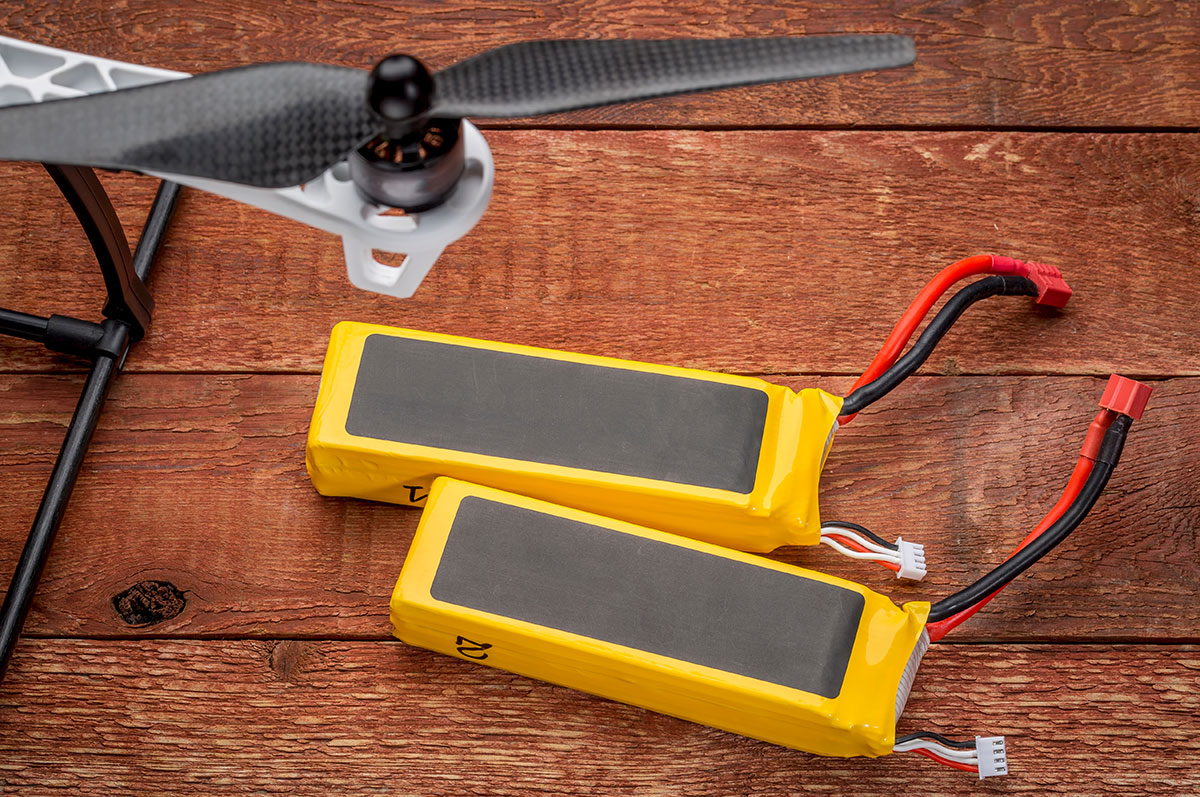Research in ACS Energy Letters shows the potential to improve batteries in aerial EVs that take off and land vertically.
The research team developed a new electrolyte to address these challenges and said the “stressed out” batteries could also have second lives in lighter applications. The researchers manufactured a set of lithium-ion battery (LiB) cells containing a specially designed, fast-charging and discharging electrolyte. They drained 15 times the battery’s optimal capacity, the total amount of energy it could store, for 45 seconds to simulate the discharge needed during vertical takeoff. The cells were then further drained at a more normal discharge rate and then recharged.
The team found that none of the tested cells lasted more than 100 cycles under these high-stress conditions, and most started to show decreased performance around 85 cycles. After being “stressed,” the researchers subjected the LiB cells to a more normal, lower rate power draw. The new results indicated that the LiBs typically used in drones might not have the characteristics necessary for long-term, high-stress usages, but they could be retired and meet more typical power demands in other applications, such as battery back-ups for power supplies and energy-grid storage.
The authors acknowledge funding from the US Army Combat Capabilities Development Command (DEVCOM) Army Research Laboratory. The research was performed at Oak Ridge National Laboratory, a US Department of Energy national laboratory.
Source: American Chemical Society




